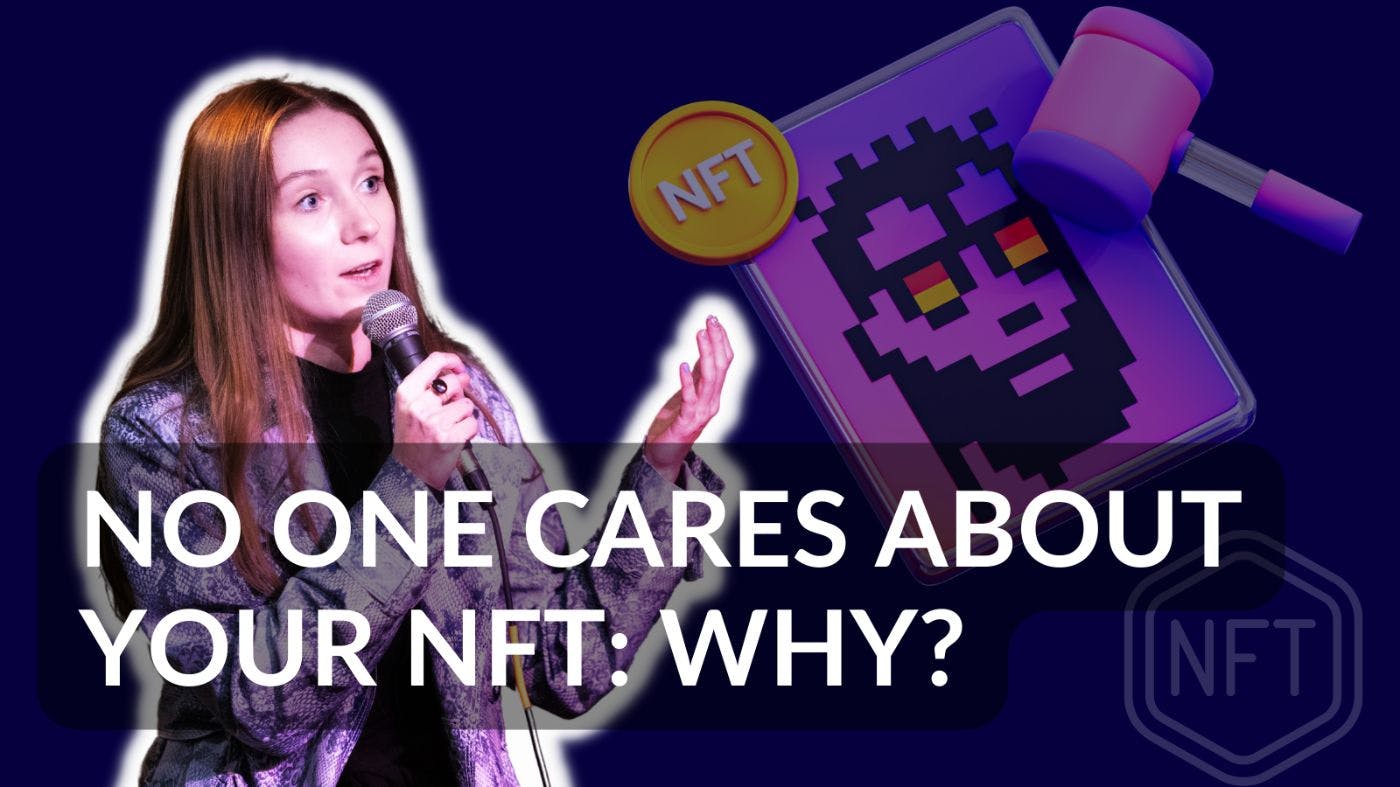532 reads
No One Cares About Your NFTs — Here's Why
by
April 25th, 2023
Audio Presented by

Mentor, Entrepreneur, Business Strategist, and Keynote Speaker in Blockchain & Fintech
Story's Credibility

About Author
Mentor, Entrepreneur, Business Strategist, and Keynote Speaker in Blockchain & Fintech
